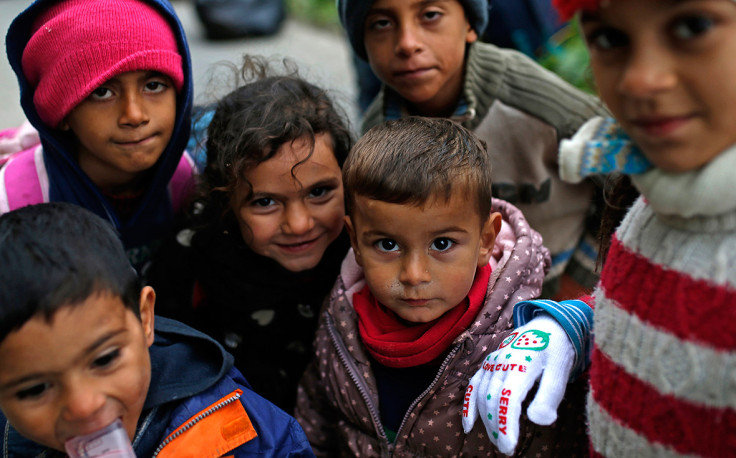Religion doesn't make children 'more' humane or generous

Secularism, not religion, make children more generous and selfless, according to a new international study. Psychologists from Chicago, Toronto, Jordan, Turkey, Cape Town and China have concluded a study that religious orientation of families decreases altruistic behaviours in children, and that children from religious households tend to be "harsher" in their disciplinary tendencies.
The study, published in the 5 November issue of the journal Current Biology, suggests that pro-social behaviours emerge early in life and are shaped by both genes and culture, which is linked with religion. "Since 5.8 billion humans, representing 84% of the worldwide population, identify as religious, religion is arguably one prevalent facet of culture that influences the development and expression of pro-sociality," the researchers said in the report.
The findings particularly highlight the negative association between religiousness and children's altruism – carrying out selfless actions to the benefit others – across the world. The research was carried out by the University of Chicago's Child Neurosuite, which specialises in research about childhood development.
"Altruism (cost for the donor and benefit for the recipient) is particularly interesting because it is costly to the self. Studies of altruistic behaviour have documented that children in preschool tend to share less than a third of their resources and by late childhood share nearly half," authors of the report said.
To examine the influence of religion on a child's selflessness behaviour, researchers evaluated 1,170 children aged between 5-12 years in six countries (Canada, China, Jordan, Turkey, USA, and South Africa) and assessed their household religiousness and their sensitivity and empathy to justice. While children of religious families were found to be empathetic to justice, they were less selfless as compared to those from secular or non-religious households.
"Across all countries, parents in religious households reported that their children expressed more empathy and sensitivity for justice in everyday life than non-religious parents," the researchers noted. "However, religiousness was inversely predictive of children's altruism and positively correlated with their punitive tendencies.
"Together these results reveal the similarity across countries in how religion negatively influences children's altruism, challenging the view that religiosity facilitates pro-social behaviour."
© Copyright IBTimes 2025. All rights reserved.






















